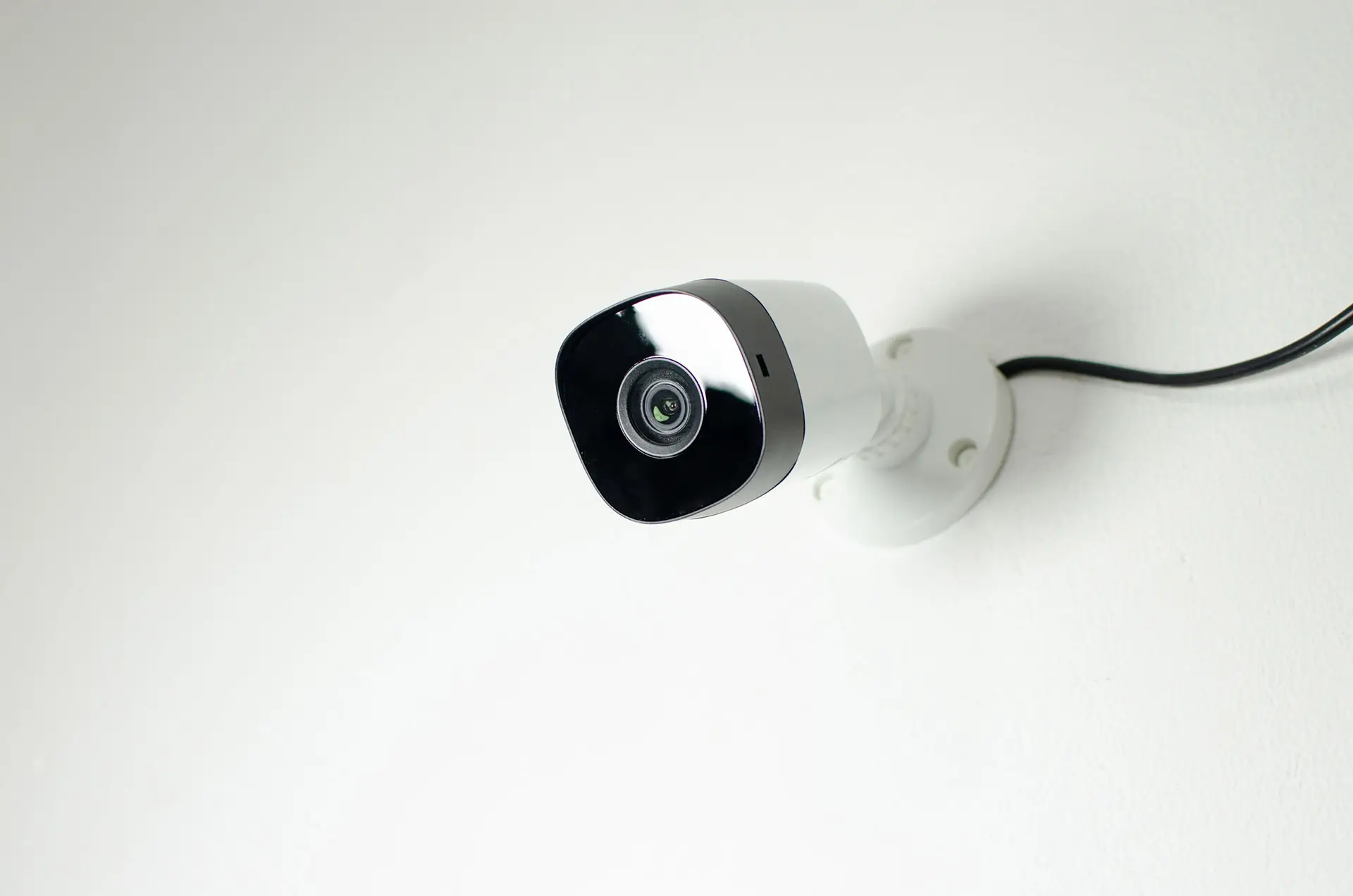Why is Monitoring Employees Important in the Workplace?
Employee monitoring in the workplace has become a hot topic in today's business world. With the advent of advanced technology, employers now have tools to gauge and improve employee productivity like never before.
However, it's crucial to understand the reasons behind monitoring employees and the potential benefits and drawbacks.
In this article, we'll explore the pros and cons of employee monitoring in the workplace, its significance, and the legality of using CCTV for such purposes.
The Pros of Employee Monitoring in the Workplace
1. Increased Productivity
One of the key reasons for monitoring employees in the workplace is the boost in productivity. Studies have shown that when employees are aware that their activities are being observed, their efficiency tends to rise.
According to a Massachusetts Institute of Technology study, profits increased by 7% when employees knew they were being monitored. They became more focused, conscious of their work, and efficient.
Employee monitoring is an effective way to keep your team on track, especially in today's remote working environments.
2. Expanded Savings
Employee monitoring can lead to significant cost savings. A substantial portion of company expenses goes to unproductive hours.
Research has found that employees waste about 4.5 work hours per week, equivalent to 20% of a company's earnings. Monitoring ensures that employees are productive during their paid hours, which maximizes your return on investment as an employer.
3. Cost-Effective
Many employee monitoring software options are cost-effective and affordable. The price varies depending on features and the number of licenses required.
While there may be some additional costs like installation and IP renewal charges, it is generally an affordable tool for improving productivity and security.
4. Increased Security
Employee monitoring tools allow employers to track documents, applications, websites, and messages sent on company-owned devices.
This includes monitoring sensitive business files and client data. By detecting and preventing unauthorized access, these tools safeguard your company against insider threats, security breaches, and suspicious activities.
5. Improved Team Performance
Monitoring employee activities helps identify individuals who may not meet company expectations. It reveals time management issues, attendance irregularities, and areas where employees may need additional training or support.
This data empowers you to optimize resource allocation, improve team dynamics, and address issues swiftly.
6. Employee Accountability
Employee monitoring promotes accountability. It helps ensure that employees are fulfilling their responsibilities and meeting their targets. By providing data and metrics for performance measurement, it motivates employees to perform at their best and meet their goals.

7. Protection of Company Reputation
A positive company image is essential for success. Employee monitoring tools can identify activities that could harm your organization's reputation. By detecting inappropriate behavior and taking appropriate measures, you protect your brand and maintain a positive image.
8. Employee Training and Development
Employee monitoring can be a valuable tool for identifying areas where employees may need additional training. It provides insights into strengths and weaknesses, allowing tailored training programs to enhance employee skills and job satisfaction.
9. Enhanced Communication and Collaboration
Effective communication and collaboration are vital. Monitoring employee activities helps identify areas for improvement in teamwork and communication, leading to better innovation and performance.
10. Addressing Insider Threats
Monitoring helps detect suspicious activities that may indicate insider threats, such as data breaches or unethical behavior. It enables organizations to take preventive measures.
The Cons of Employee Monitoring in the Workplace
1. Hurt Feelings
Excessive monitoring can hurt employee morale. Employees may feel that they are not trusted, leading to increased turnover. To mitigate this, employers should transparently communicate the use of monitoring software and its role as a standard workplace policy.
2. Comprehending Data Takes Time
Analyzing employee activity data can be time-consuming and requires careful examination, although it aids decision-making.
3. Too Much Access Can Be Dangerous
With extensive access to employees' data and digital activities, there's a risk of stumbling upon private information. In the event of a security breach, employee privacy can be violated.

Is CCTV Legal in the Workplace?
The legality of using Closed-Circuit Television (CCTV) in the workplace varies by jurisdiction. It's important to understand local laws and regulations regarding workplace surveillance.
In many places, employers have the right to install CCTV for security and employee safety purposes. However, clear policies and practices must be in place to protect employee privacy and ensure ethical usage.
All in All
Monitoring employees in the workplace is an essential practice for improving productivity, enhancing security, and safeguarding an organization's reputation. The advantages of employee monitoring are numerous, and when executed correctly, the disadvantages can be mitigated.
However, it's important to strike a balance to avoid any negative impact on employee morale and ensure that monitoring practices are fair, transparent, and compliant with legal and ethical standards.
Understanding the legal implications of using surveillance tools like CCTV is equally important to create a healthy workplace environment that fosters trust, engagement, and productivity.
News & Events
Keep up to date
- 18Dec
Ricoh recognised as a Top 5 global AV Integrator in SCN Top 50 Systems Integrators 2025
- 11Dec
Ricoh Recognised as a Sustainability Leader in Quocirca's 2025 Report
- 31Oct
Ricoh perovskite solar cells installed on Japan Aerospace Exploration Agency cargo transfer spacecraft1 HTV-X1
- 17Oct
Ricoh recognised among Forbes’ World’s Best Employers 2025
